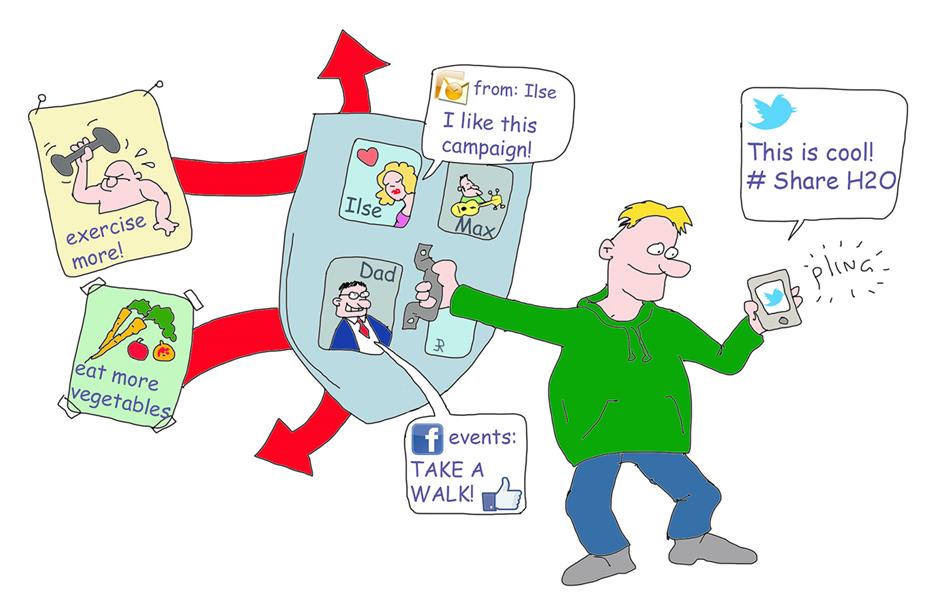
Bitefile Social Media Interventions
Strengths and Opportunities
- Social media can be a successful tool for health interventions.
- Social media campaigns can promote parent-child communication.
- Personalized messages and feedback are necessary to stimulate young adults to continue healthy behavior.
Avoiding risks and threats
- Privacy is very important for teens when they search for sexual health information online. Therefore it’s crucial that social network sites focusing on sex-related health messages guarantee youngsters' anonymity.
- A Facebook intervention page should be accessible for members of the intervention group only, to protect their privacy and avoid cyberbullying.
- Before interacting online, most teens prefer direct contact with sexual health clinics first. Therefore it’s important that online social network contact should not replace traditional contact moments (i.e. group presentations, school visits, community events etc.) but serve as reinforcement afterwards.
- Teens only accept friend requests from trustworthy institutions who are familiar or already accepted by peers. It’s therefore important to target youth via communities or schools.
Specific tips and tricks
- Use social media as well as other online and offline media. A combination of digital media technologies (e.g., Facebook and texting) will be most succesful.
- Keep your fans interested.
- Make your fans buzz the information to their friends.
- A Facebook intervention page can keep young people interested in the program, especially when
- events are posted
- pictures can be shared by users.
- users can respond to posts
- Reserve enough time (and money) to maintain the social media intervention page.
- Be aware of the importance of positive mental well-being during adolescence. When targeting health interventions to teens, it’s wise to stimulate and promote that well-being.
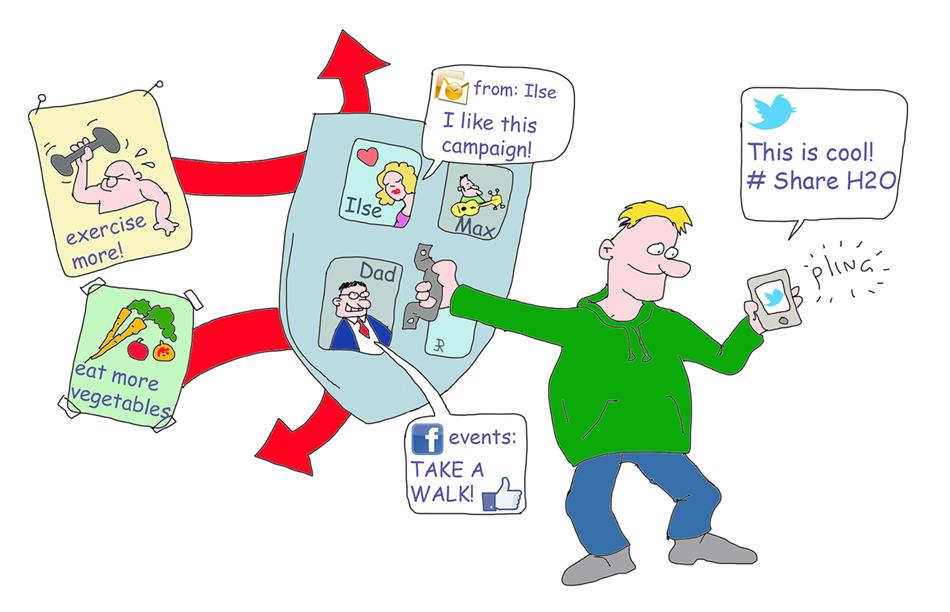
Related articles

22 June 2021
Health and Wellbeing, Youth communication
Motivating peer influencers to promote health behaviors
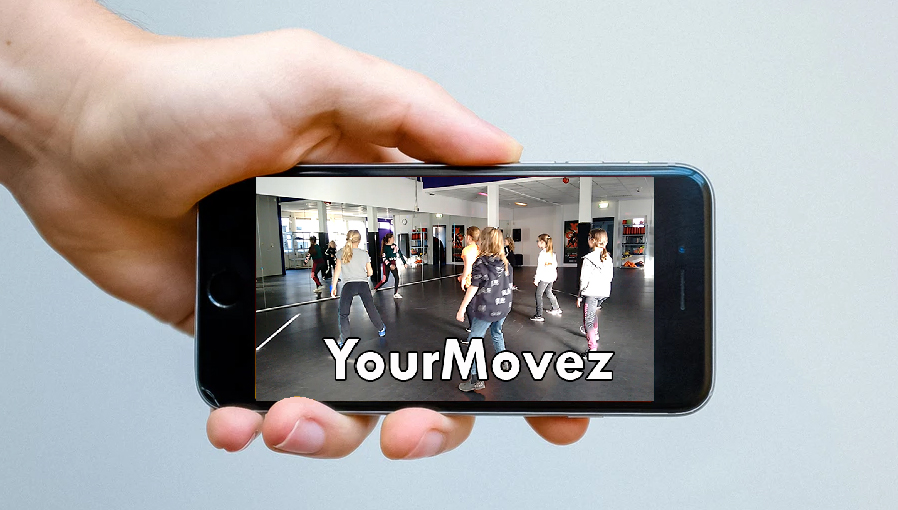
10 January 2020
Social media, Health and Wellbeing, Youth communication
Can watching vlogs created by peers make youth more physically active?

30 August 2019
Health and Wellbeing, Youth communication, Media technology and AI
Finding the Most Effective Peer Influencers Using Computer Simulations

24 June 2016
Health and Wellbeing, Youth communication
Share H2O: How Peers Can Promote Water Drinking

25 September 2014
Social media, Health and Wellbeing, Youth communication
Social Network-Based Health Interventions - State-of-the-Science

9 October 2012
Health and Wellbeing, Youth communication
Happy Teenager Becomes Healthy Adult

7 September 2012
Social media, Health and Wellbeing, Youth communication
Texting And Social Media Can Help in Promoting Healthy Behaviors
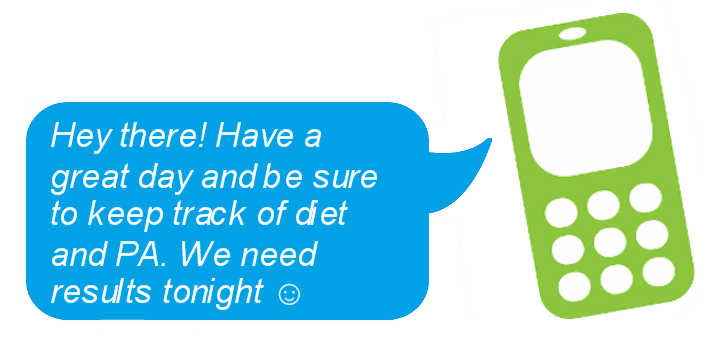
23 August 2012
Social media, Health and Wellbeing, Youth communication
Facebook + Text Messaging = Healthy Students
21 August 2012
Health and Wellbeing, Youth communication
Social Network Sites: Useful Tool For Spreading Sex-Related Health Messages
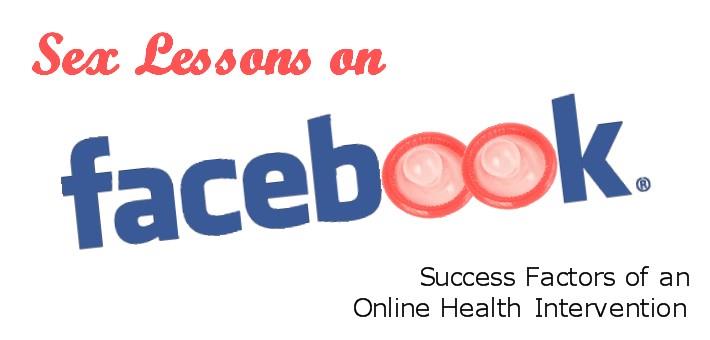
16 August 2012
Youth communication
Sex Lessons on Facebook – Success Factors of an Online Health Intervention

24 July 2012
Health and Wellbeing, Youth communication